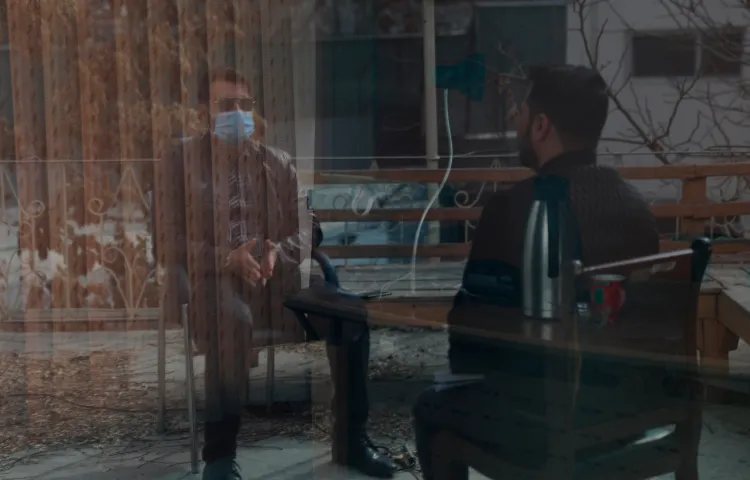
Digital and Physical Safety: Protecting Confidential Sources
Protecting confidential sources is a cornerstone of ethical reporting. When journalists have agreed to protect someone’s identity, they should make every effort to do so, especially in circumstances where a source could be arrested or harmed. Maintaining confidentiality has become more challenging due to increasing levels of digital surveillance and monitoring by authorities and the…
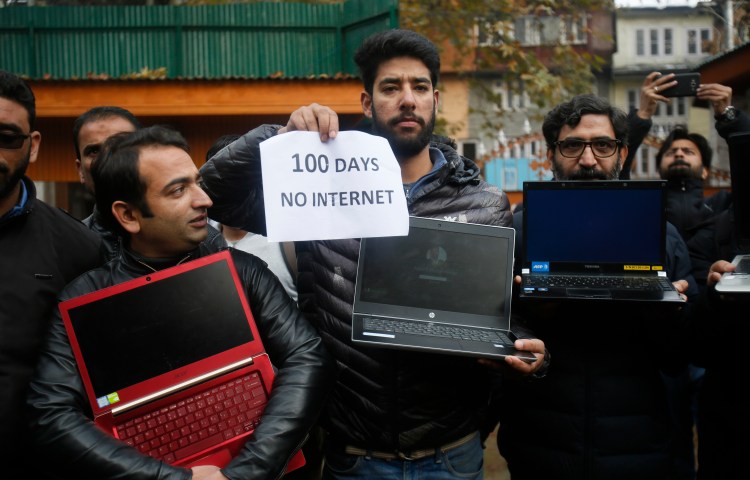
Digital Safety: Internet shutdowns
Internet shutdowns have serious consequences for press freedom and leave journalists struggling to do their job effectively, CPJ has found. Turning off or limiting access to the internet means that media workers are unable to contact sources, fact check data, or file stories until after an event has happened. Shutdowns are more likely to happen…
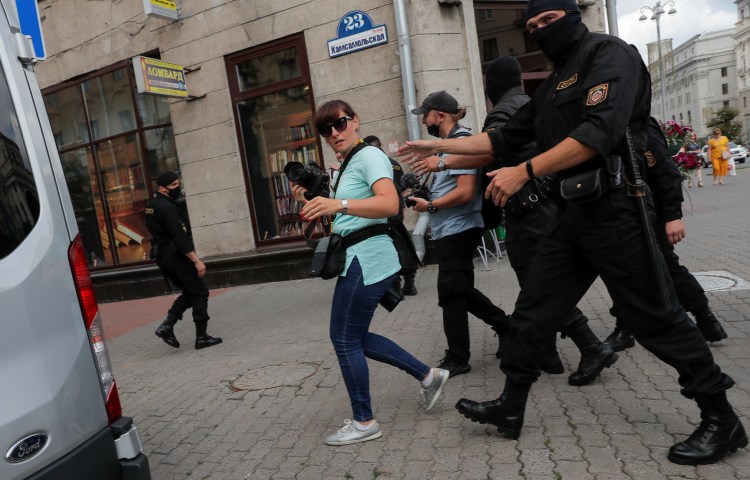
Physical and Digital Safety: Arrest and detention
Covering certain stories–such as human rights abuses, corruption, or civil unrest–can place you at a higher risk of arrest and detention, particularly in countries with authoritarian regimes or with a heavy militarized and police presence. When confronted by the authorities it is generally prudent to comply with their commands, even if they are not lawful,…
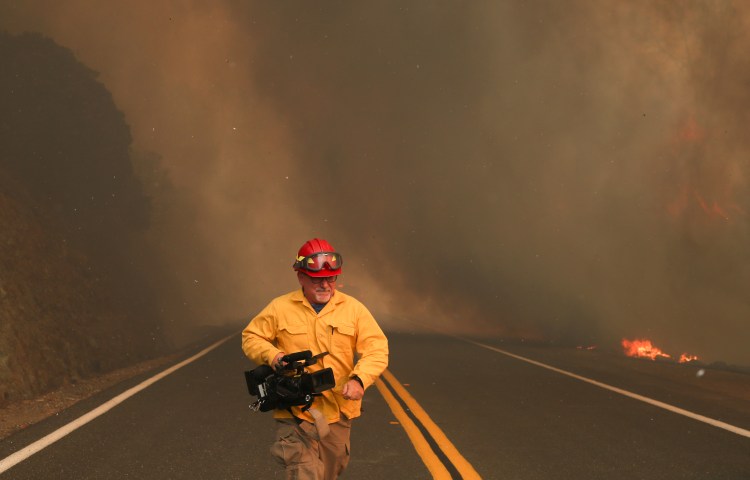
Physical Safety: Covering wildfires
Wildfires are becoming more frequent across the world and increasing in both severity and extent, according to Science Brief, a website that reviews peer-reviewed scientific studies on various topics, including climate change. Media workers covering any wildfire should be aware of the dynamic nature of such a disaster, and how a rapidly evolving situation on…
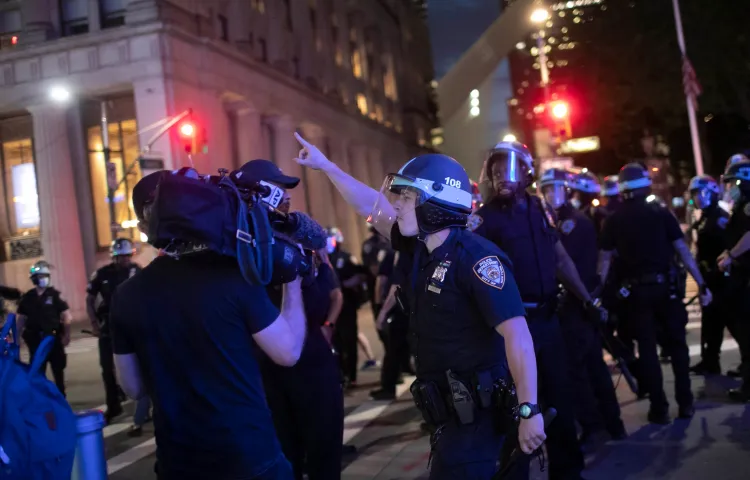
Guide to legal rights in the U.S.
The following advice and recommendations are intended to give the reader a high-level understanding of the rights of a journalist when confronted by law enforcement officers while covering a protest or other political event. Given that these incidents often quickly escalate and that some – both protestors and police – do not always conform to legal…
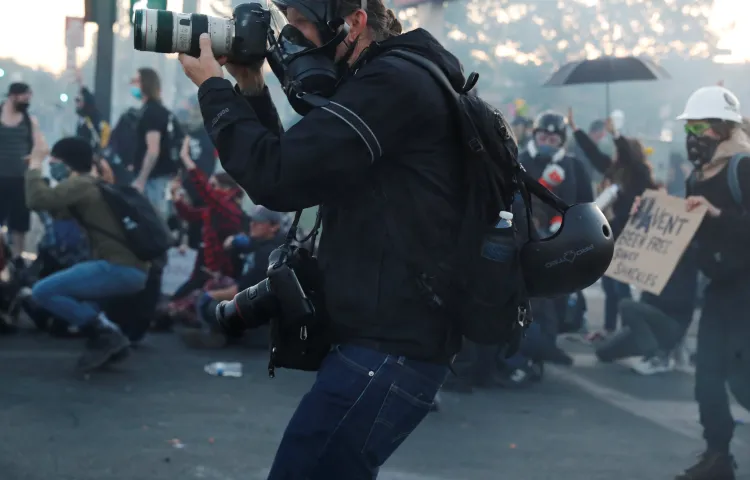
Editors’ Checklist: Preparing for U.S. protest assignments
Updated June 8, 2020 The following checklist enables commissioners and editors to understand how well prepared journalists and other media workers are as they cover U.S. protests over police violence. For additional safety information, please see CPJ’s Safety Advisory for covering U.S. protests over police violence. Select your staff after considering: As part of your…
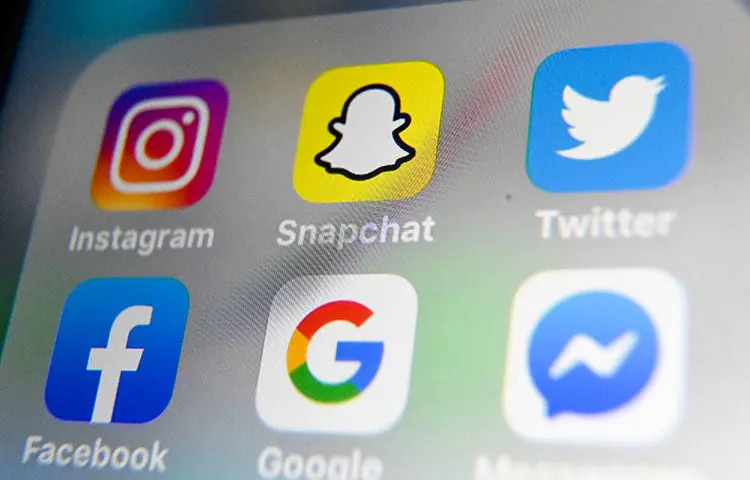
Digital Safety: Protecting against targeted online attacks
Journalists reporting on misinformation, conspiracy theories, and/or false news are frequently left vulnerable to online attacks by those who originate or support these views, as well as by people with strong political leanings. People supporting the spread of this type of information online may organize coordinated attacks with the aim of forcing journalists offline and…
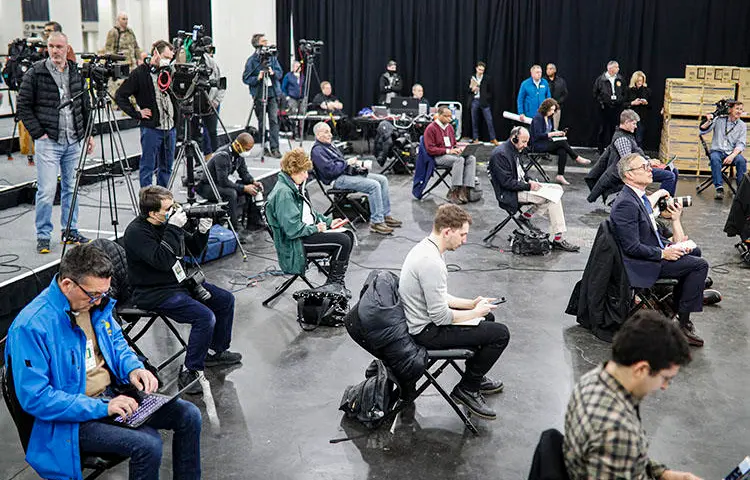
Editors’ checklist: Preparing for COVID-19 assignments
This checklist was devised by HP Risk Management. HP Risk Management has been working closely with journalists to keep them safe as they cover the Covid-19 story. They also work closely with the Committee to Protect Journalists as part of CPJ Emergencies.
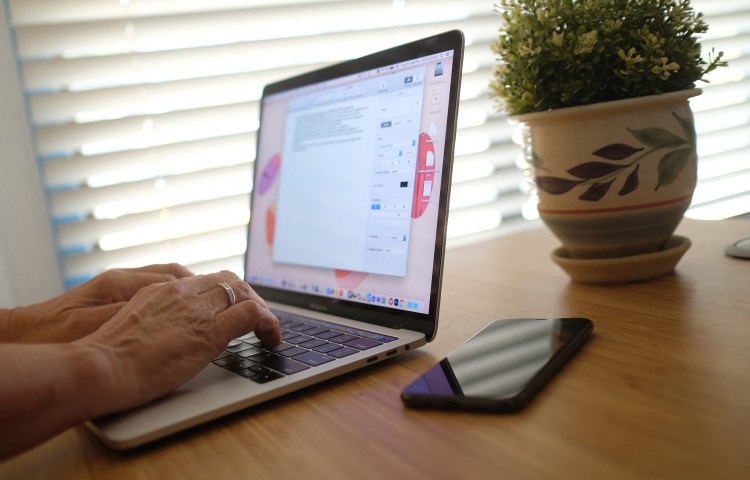
Digital Safety: Working from home
The current global health situation has seen changes to the way journalists do their job, with an increasing number working from home instead of an office. This is creating digital security issues for journalists and media outlets who still need to work during the coronavirus outbreak.
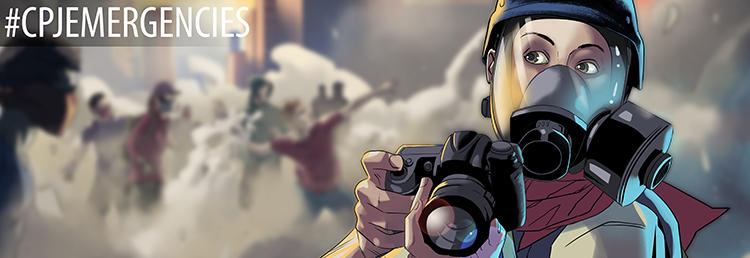
Physical Safety: War Reporting
Reporting from the front lines of a conflict is one of the most challenging assignments a journalist can undertake. All war correspondents should have hostile environment training, up-to-date medical training, and the correct safety equipment before going on assignment in a conflict zone.